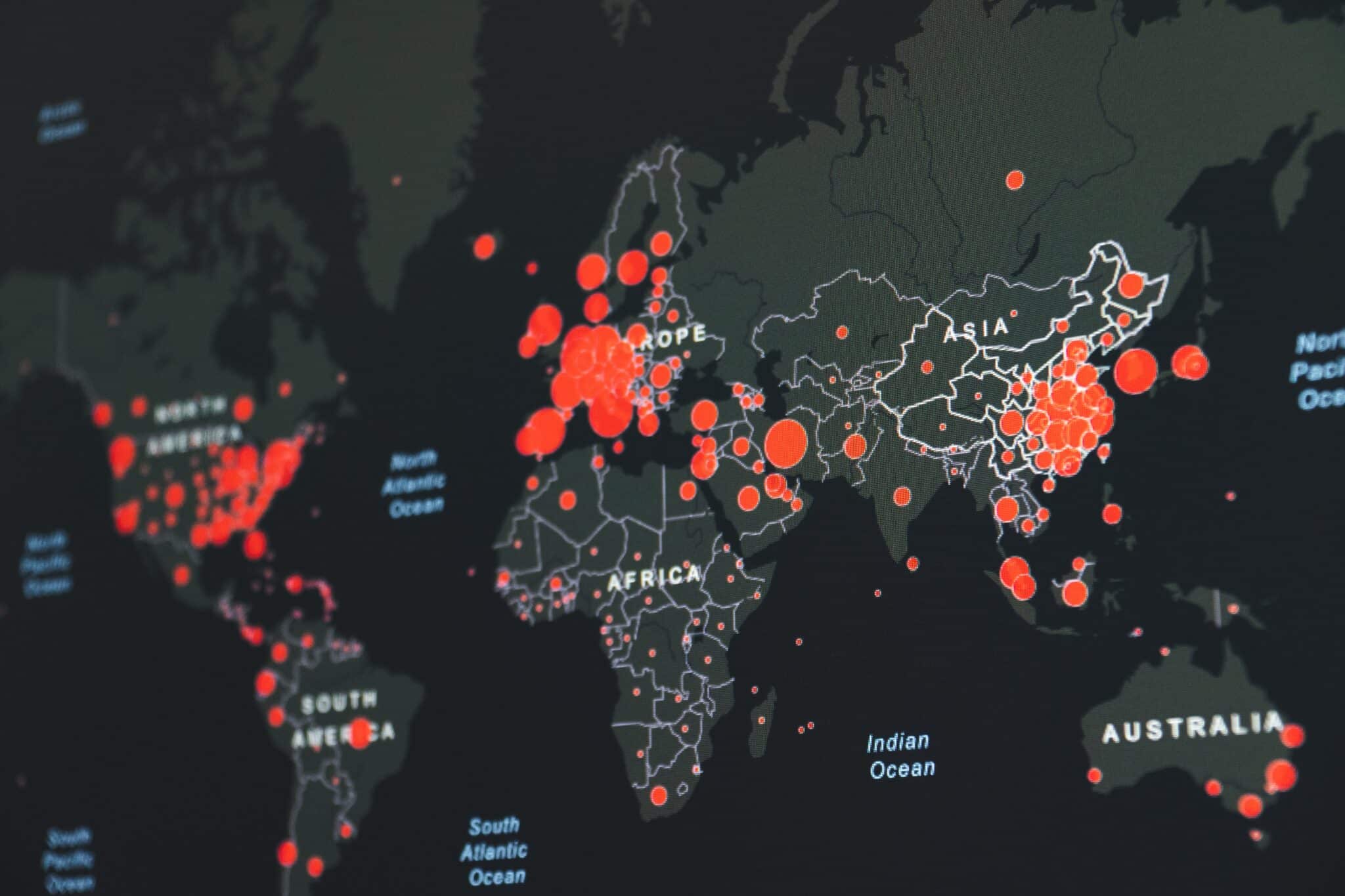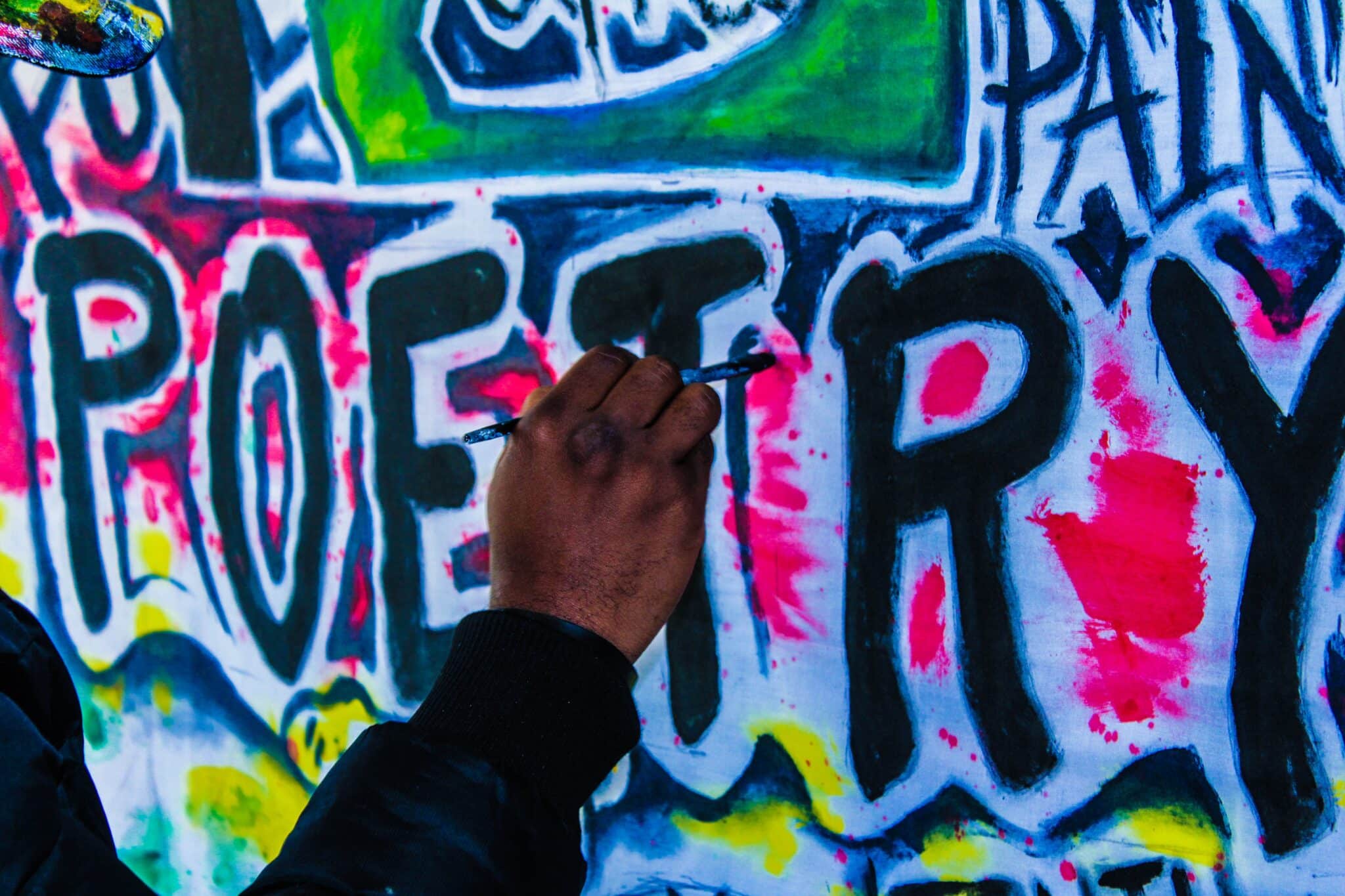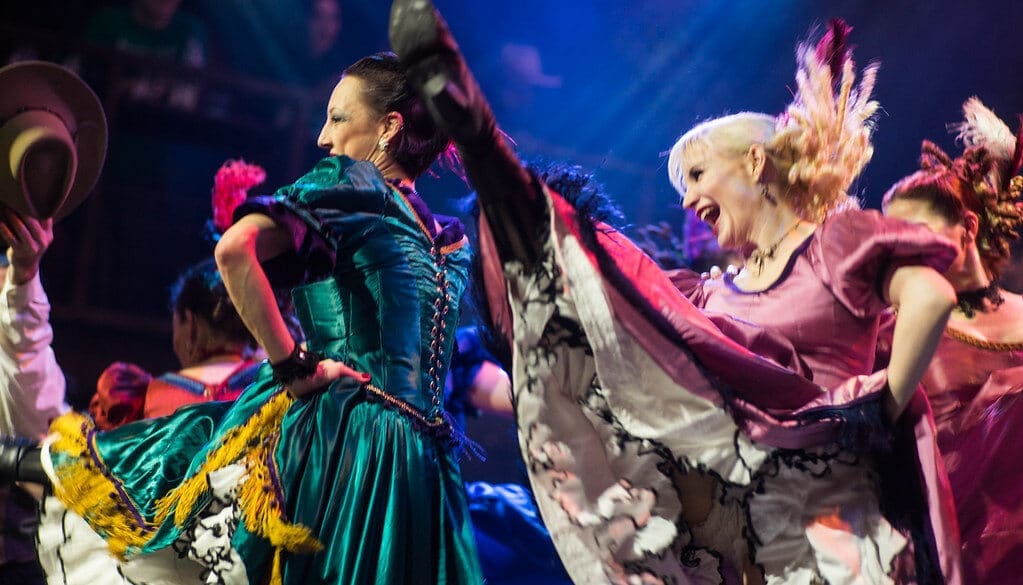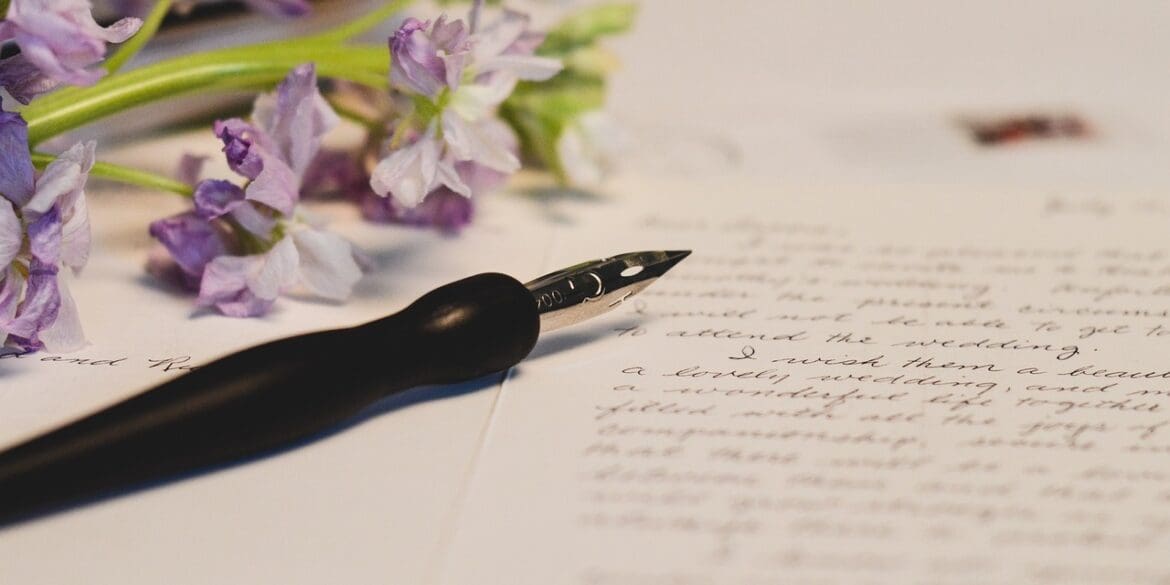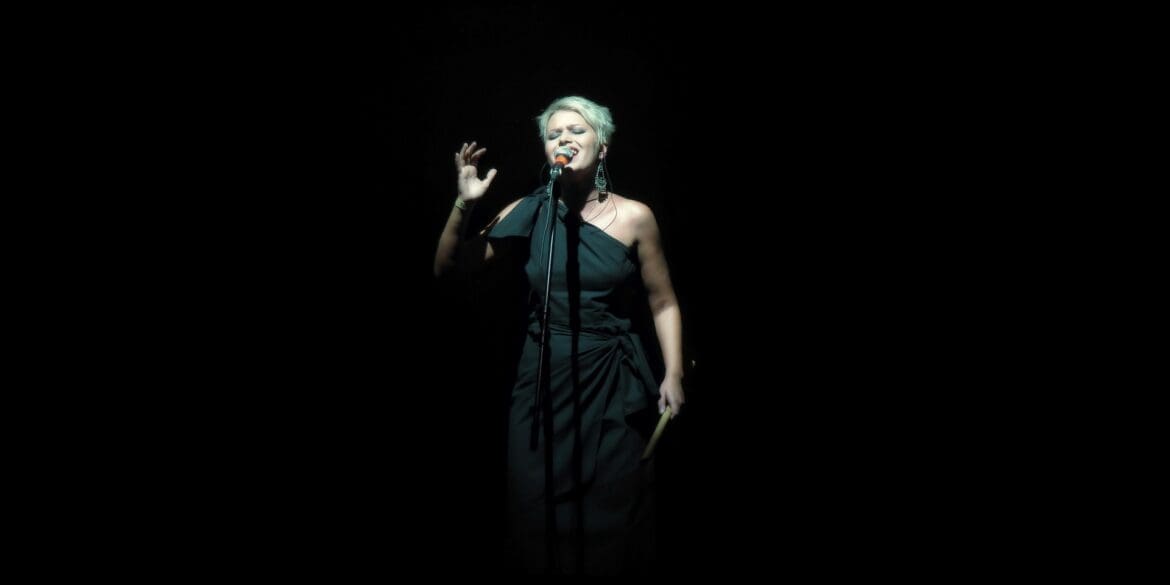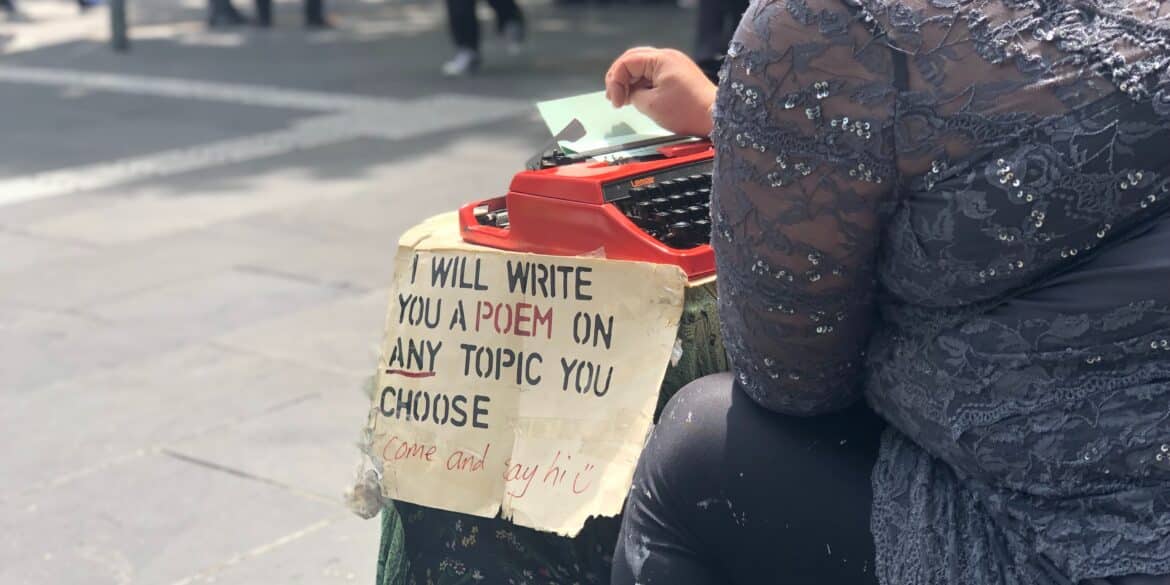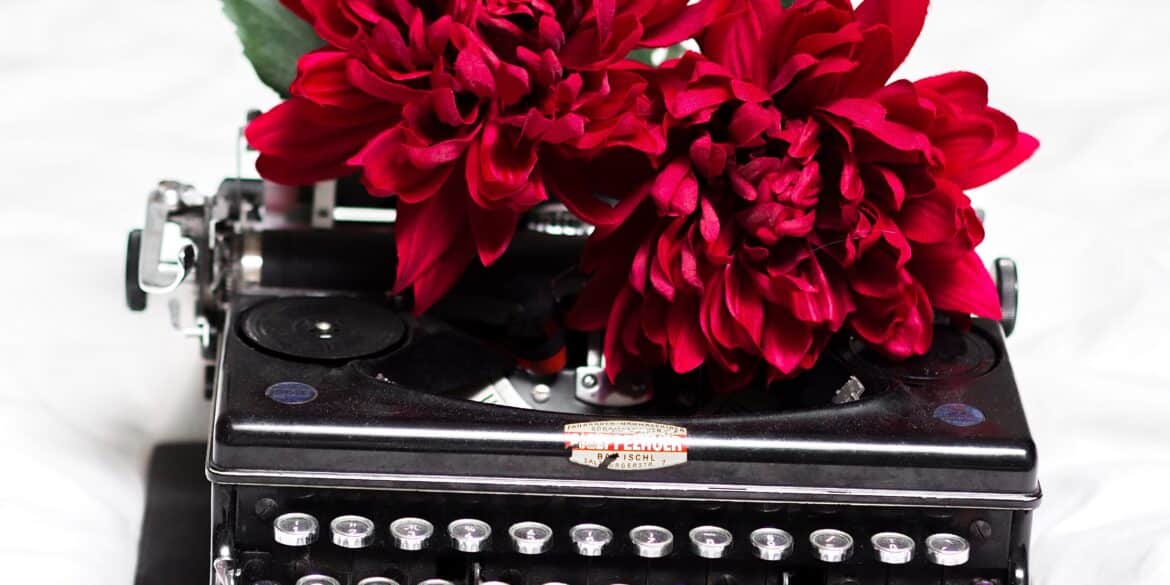This is a song for the Passover prophet as a critique on his inability during the Covid-19 pandemic to appear and provide solace and safety.
I strived to represent the experience of being a pediatric healthcare worker during COVID.
Ulla-Maija Matikainen·
All ContentAutoethnographic EssaysAutoethnographic PoetryEducationFrom the EditorsMoreVolume 3, Issue 2 (2023)
··4 min read A tsunami of words, images, learned and pushed feelings and thoughts go through us every day. Poetry is a way to find our own voice.
"From dancing at New York’s Metropolitan Opera to the Cow Palace in San Francisco, every venue taught me valuable lessons."
In this 2nd of my Processing Parental Grief series, Calliandra receives a letter from her mother weeks after her death.
I offer the following five poems to you. I hope that when you read/hear them you see a way into your own stories and ideas of poetic voice.
We invite you to participate in National Poetry month with us by reading and writing over at The AutoEthnographer's new Facebook group.
This piece on hair describes how ideas of what is and is not fashionable, as depicted in popular media, can indelibly affect one’s self-perception and identity.
Lina Fe Simoy·
All ContentAutoethnographic EssaysAutoethnographic PoetryFrom the EditorsMoreVolume 3, Issue 2 (2023)
··5 min readThere are multiple approaches to find one's poetic voice depending on the lens one chooses as a part of the author’s creative process.
This autoethnographic account explores the complex relationship between language and identity.
This particular piece, "What is Human, Remains" looks back at my first year as a teacher, and the unexpected activism in my students.
Through all of the things that separate us, there is one universal experience that transcends all barriers: love.



